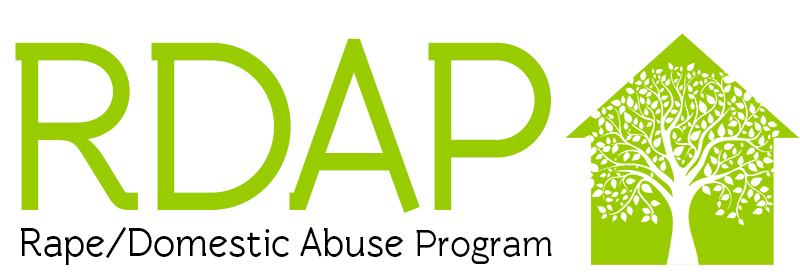Teen Dating Violence
If you believe that you or your child may be facing teen dating violence, we can help you and your family. Call RDAP at 308-532-0624 or on our crisis line at 308-534-3495 for guidance and support.
Dating violence or abuse can occur in intimate relationships between people of any age. However, studies have shown that teens ages 13-18 are at high risk for abuse, as they are beginning to explore dating and intimacy. Additionally, statistics have shown that teens are the least likely group to disclose warning signs or abuse to a friend, family member or trusted adult and especially to report dating violence to the police.
WHAT IS TEEN DATING VIOLENCE?
A basic definition of teen dating violence or abuse is a pattern of actual or threatened acts of physical, sexual, and/or emotional abuse, perpetrated by an adolescent against a current or former dating partner. Abuse may include insults, coercion, social sabotage, sexual harassment, threats and/or acts of physical or sexual abuse. The abusive teen uses this pattern of violent and coercive behavior in order to gain power and maintain control over the dating partner.
COMMON MYTHS ABOUT TEEN DATING VIOLENCE
Myth: It can’t happen to me (or my children).
FACT: More then 1 in 10 teenagers experience physical violence in their dating relationships. 1 in 4 teens report experiencing some type of abuse (physical, verbal, emotional mental, or sexual).
Myth: Teen dating violence isn’t really that serious.
FACT: Thirty percent of all women who are murdered in this country are killed by their husband or boyfriend. According to a Massachusetts study, that same high percentage applied to teens aged 15-19. Also, 60% of all rapes reported to rape crisis centers are committed by acquaintances, and the majority of victims are aged 16-24.
Myth: If a person stays in an abusive relationship, it must not really be that bad.
FACT: People stay in abusive relationships for a number of reasons: fear, dependence, confusion, loss of self-confidence, not recognizing that what’s happening is abusive, and/or the belief that the abuser needs their help or will change.
WHAT MAKES DATING ABUSE IN TEEN RELATIONSHIPS DIFFERENT FROM ADULT DOMESTIC ABUSE?
EXPERIENCE: This may be the teen’s first experience with romantic love and/or sex.
PRESSURE: There is extraordinary peer pressure, societal pressure and even perhaps parental pressure for teens to have a romantic partner — particularly for girls to have a boyfriend, and for boys to be sexually active.
PARENTS: Some teen victims are very concerned about their parent(s) finding out that there has been abuse in their relationships. This may be because they are still involved with the abusive partner and don’t want to be restricted by a parent to NOT see their partner. But sometimes the abusive relationship is over and the victim still doesn’t want the parents to know what happened. Sometimes this is due to a fear that the parent(s) would “freak out,” wouldn’t trust their judgment in the future, or that they would have to reveal lies they may have told their parents when they were still in the relationship. Sometimes the concern is that the parents wouldn’t understand, or would think the teen was just “being dramatic.”
SCHOOL: Some teen victims attend the same school as their abuser. At the very least this means they must see the person every day. In the worst-case scenario, this poses a serious safety risk to the victim. Even in cases where a restraining order has been issues, the abuser has certain rights that can make safety planning difficult.

